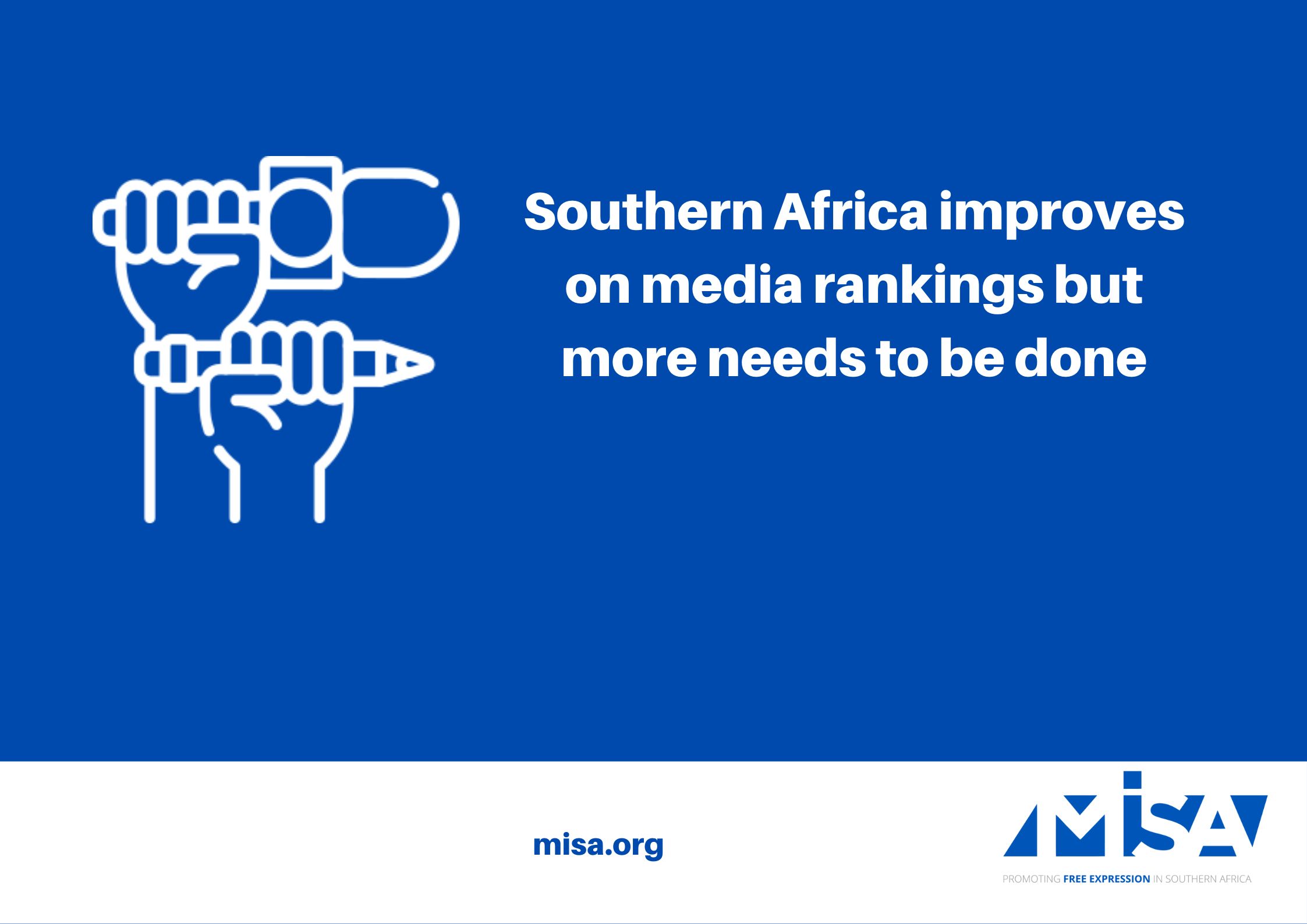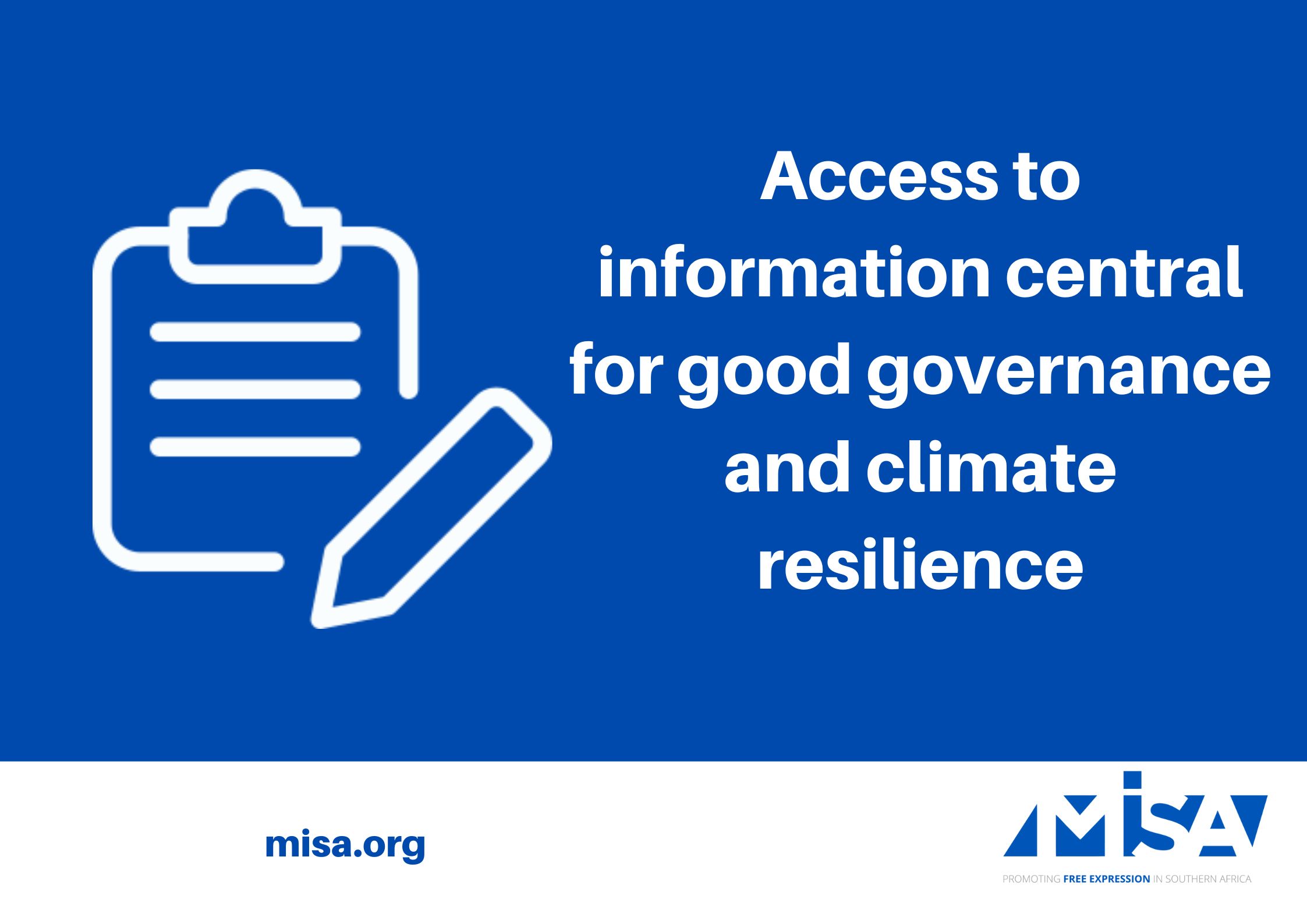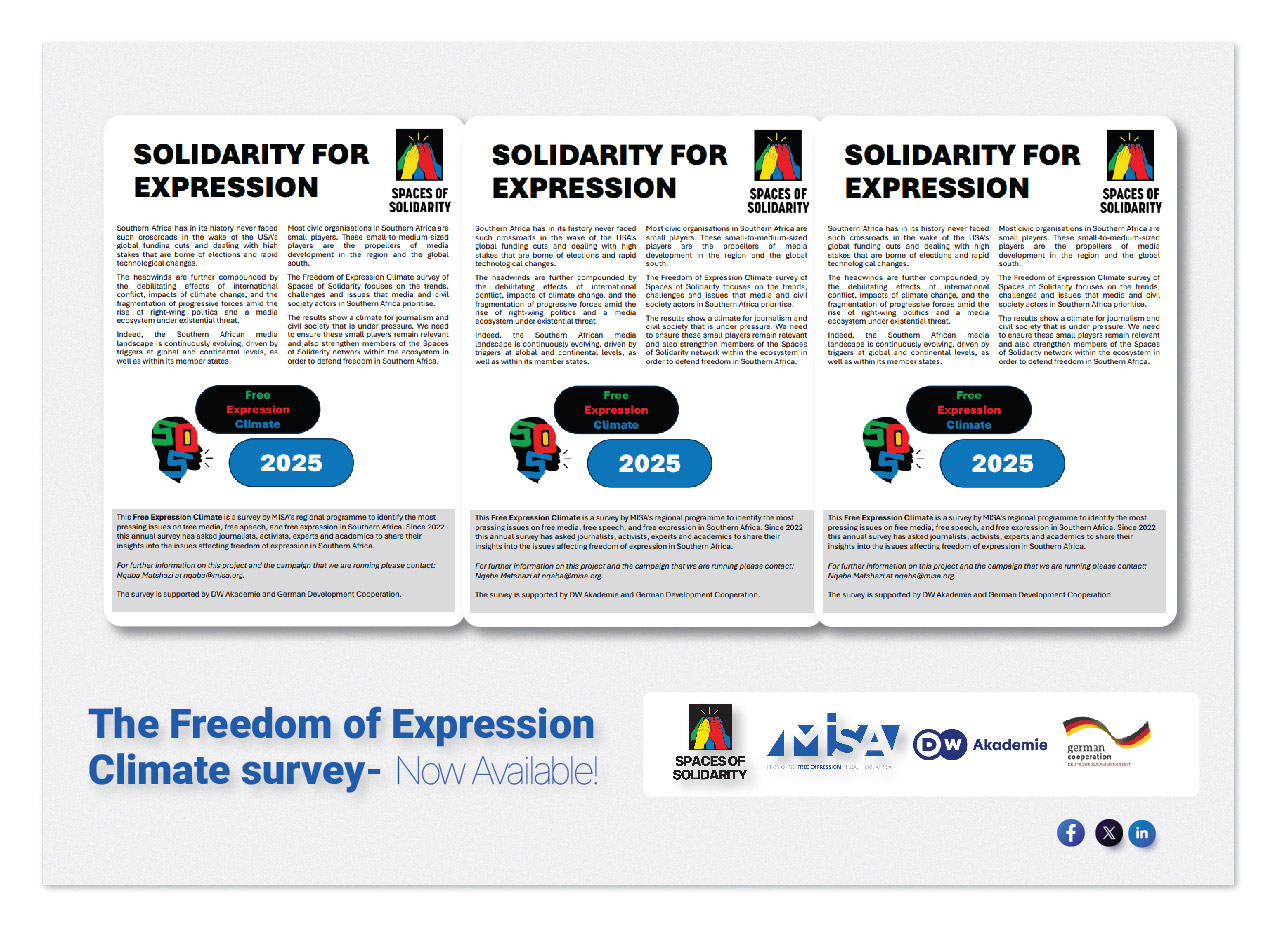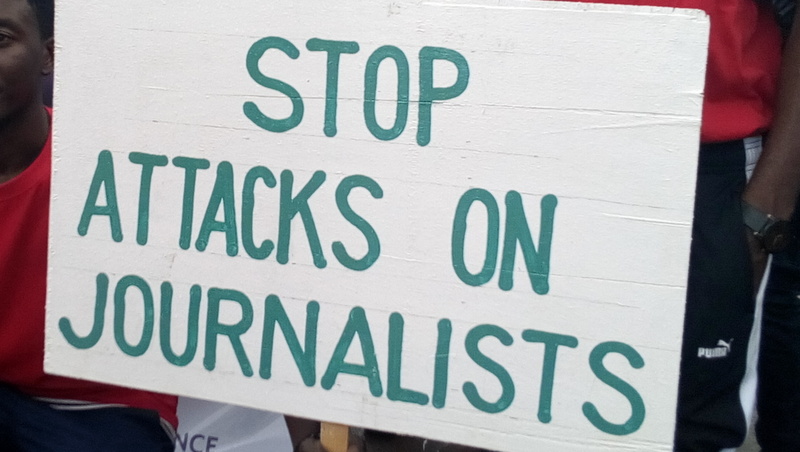Southern African countries recorded improved rankings according to the Reporters Without Borders 2023 World Press Freedom Index, but the spectre of shrinking civic space continues to haunt the region.
Botswana halted the slide it recorded in 2022, improving from a ranking of 95 to 65 in 2023. Zambia continued its impressive improvement on the World Press Freedom Index, moving from 109 to 87.
Zimbabwe, which had recorded successive declines in the past three years, also recorded an improvement, moving from 137 in 2022 to 126 in 2023.
Other countries that recorded gains were Eswatini, moving to 111 from 131, Lesotho from 88 to 67 and Mozambique from 116 to 102.
South Africa also improved from 35 to 25.
However, despite these improvements, some countries recorded declines. Namibia, which has been the torch bearer in terms of freedom of expression in Southern Africa fell from 18 to 22 this year.
Despite this fall, Namibia reclaimed its spot as Africa’s leading country in terms of press freedom from Seychelles. Seychelles, which was ranked an impressive 13 in 2022, fell to 34 in 2023.
Malawi, which was ranked 80th in 2022, declined slightly to 82. Angola fell from 99 to 125, the worst decline of a Southern African country.
Tanzania took the wooden spoon of being the worst ranked country in Southern Africa, falling from 123 to 143.
The countries are ranked on several indicators among them politics, economics, legislative social and security.
A total of 180 countries were ranked.
Commenting on the latest rankings, MISA Regional Director Tabani Moyo said there was need to sustain the quest for media freedom and build on the improvements over the past year.
“This is just the beginning, there is need to continue on this trajectory and ensure improvement in the media environment across the region,” he said.
“However, as we celebrate these gains, we should be wary that shrinking civic space continues to hang over the heads of a number of Southern African countries like the sword of Damocles.”
Moyo was referring to the enactment of laws that could further shrink civic space in the region such as the NGO Act in Malawi, the proposed NGO Bill in Mozambique and the Private Voluntary Organisations Amendment Bill in Zimbabwe.
In addition, a raft of cybersecurity laws in countries such as Tanzania, Zambia and Zimbabwe pose a serious threat to freedom of expression in Southern Africa.













